COP26: Australia to block phase out of coal and subsidies for fossil fuels in final text
Australia has supported Saudi Arabia, Russia and India in blocking one of the most controversial lines in COP26’s draft statement: to accelerate the phase out of coal and subsidies for fossil fuels.
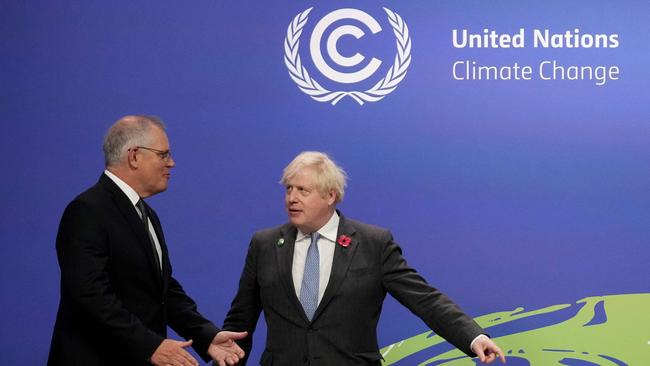
Australia has supported Saudi Arabia, Russia and India in blocking one of the most controversial lines in the COP26 initial draft statement: to accelerate the phase out of coal and subsidies for fossil fuels.
A second draft is due to be released on Friday evening showing just how some of the most powerful nations have held sway on some of the most contentious points of the summit’s proposed cover text.
Observers say the line about coal and fossil fuel - the first time there has been an official COP reference to the worlds’ energy polluters - is unlikely to make the final text because of fierce opposition to it by countries which mine and export coal, of which Australia is one of the biggest in the world.
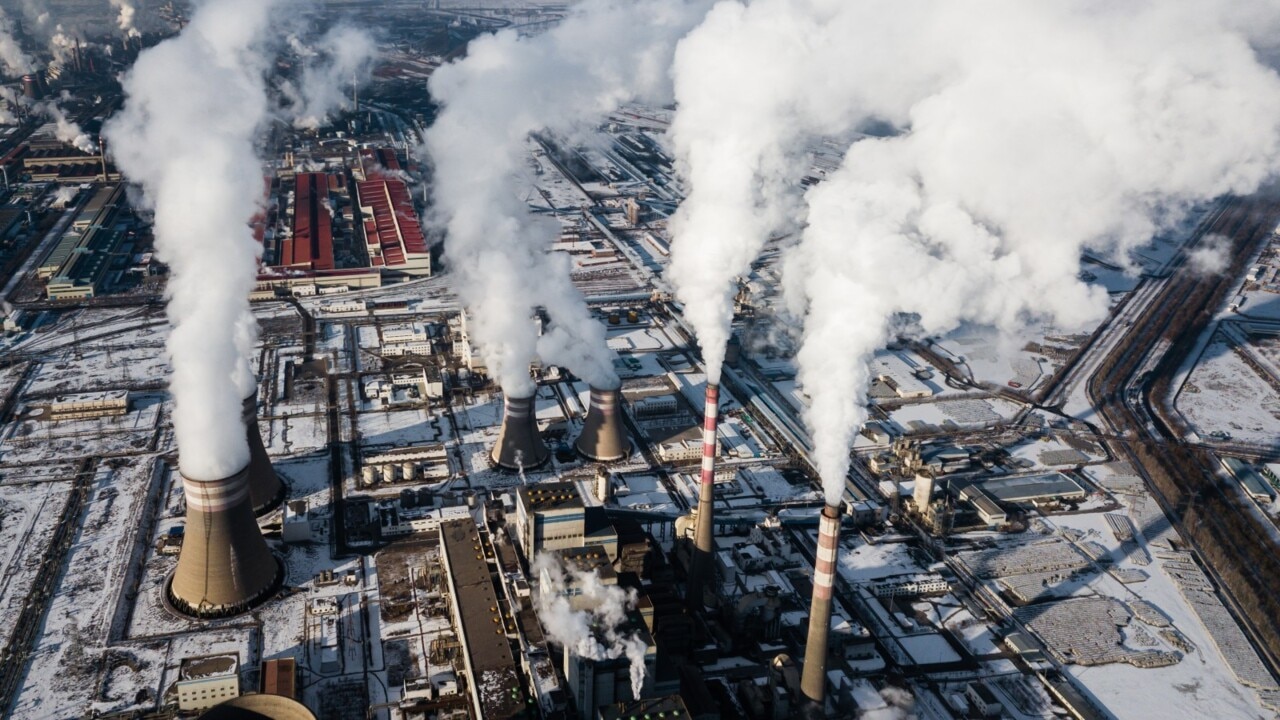
While the proposed text wording on coal and fossil fuels is vague, without any time frames or specific targets,Saudi Arabia, Russia and India have pushed hard to have it scraped entirely.
In the first week of the summit, COP26 president Alok Sharma said “the end of coal is in sight” as scores of countries committed to phasing out coal power, and the ongoing financing of coal appeared problematic. But getting all countries to fall in line has been difficult.
Over the past few days there have been tough negotiations carried out behind closed doors in Glasgow among the 197 countries involving a spaghetti-like mash of red-lines, watering down of commitments and positions that their governments will approve.
For a point to be included in the final text, it has to be consensually agreed by all nations.
Mr Sharma said on Thursday that time was running out to formulate the final response with the closure of the COP due on Friday evening local time.
“We are not there yet on the most critical issues,’’ he said.
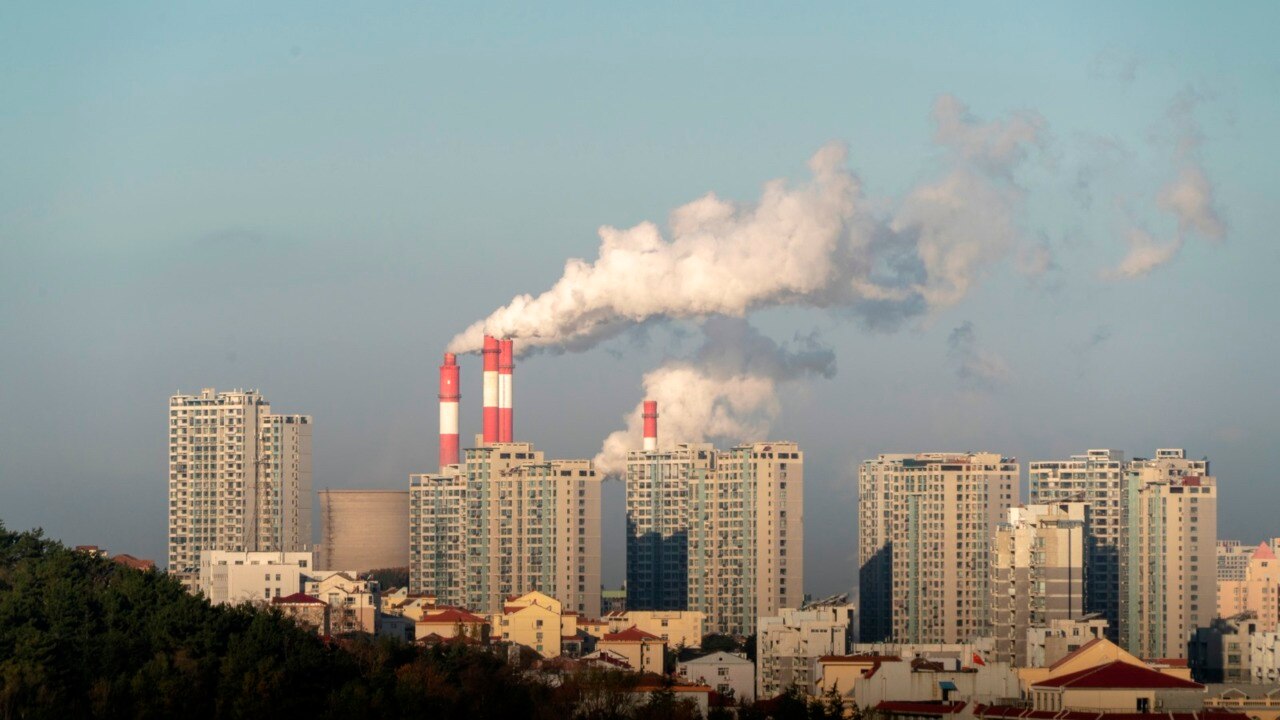
There are challenging points about financing at least $US100bn to developing nations a year, mitigating carbon emissions and whether a carbon credit market should be introduced.
Australia has been in a group including the US, Canada, Japan, Russia. Norway, New Zealand and Israel during the talks but the group has not been negotiating as a bloc, unlike some other groupings from Africa or smaller nations.
Prime Minister Scott Morrison presented Australia’s detailed plan to the COP in the opening week. Australia, one of the world’s largest energy exporters, especially in coal and LNG, generating almost three times the volume of national consumption, will continue to supply energy exports that its trading partners need to maintain economic prosperity.
It is understood that Australia has not wanted the initial text to move beyond the Paris agreement which seeks to limit global warming to 2C and with reviews every five years.
A greater ambition by the UK to get the figure down to 1.5C is seen as being problematic by some countries because it would mean completely rewriting the Paris agreement.
Other nations have objected to presenting a fresh and upgraded 2030 plan by next year as well as the proposed annual reviews of commitments - both included in the first draft. It has been suggested the wording could be further diluted to indicate a phrase along the lines of “the greatest ambition possible’’.
Australia has been promoting the adoption of a carbon market and transparency and accuracy of measuring carbon outputs but it is unclear if this has universal support to be included in the text.


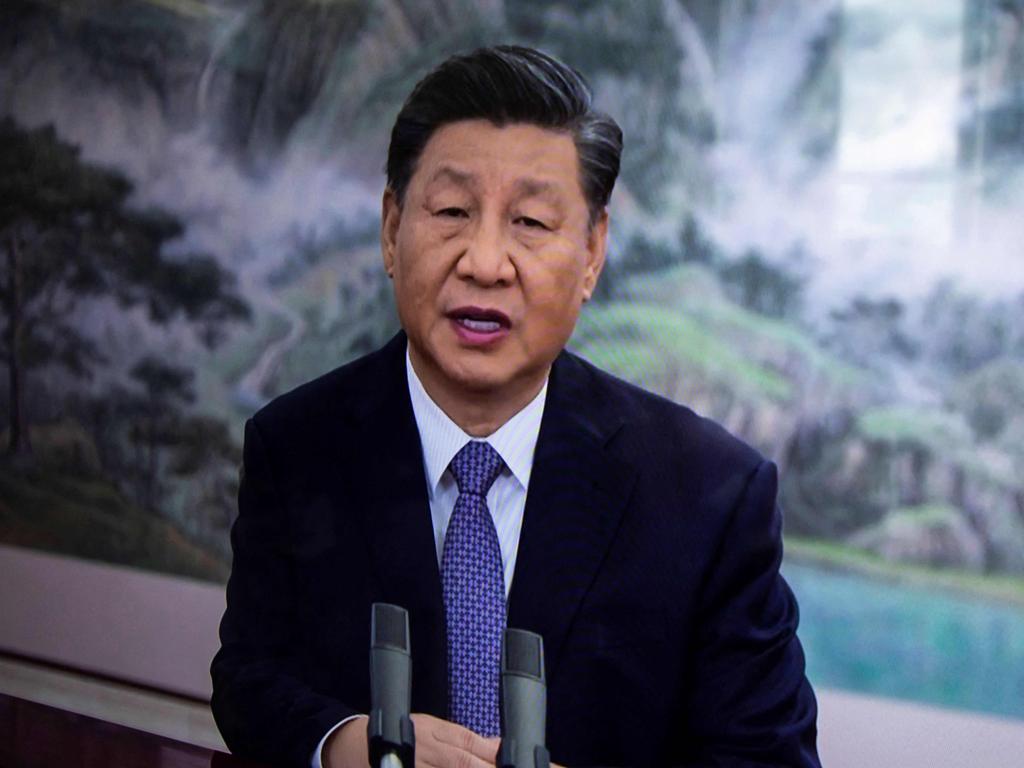
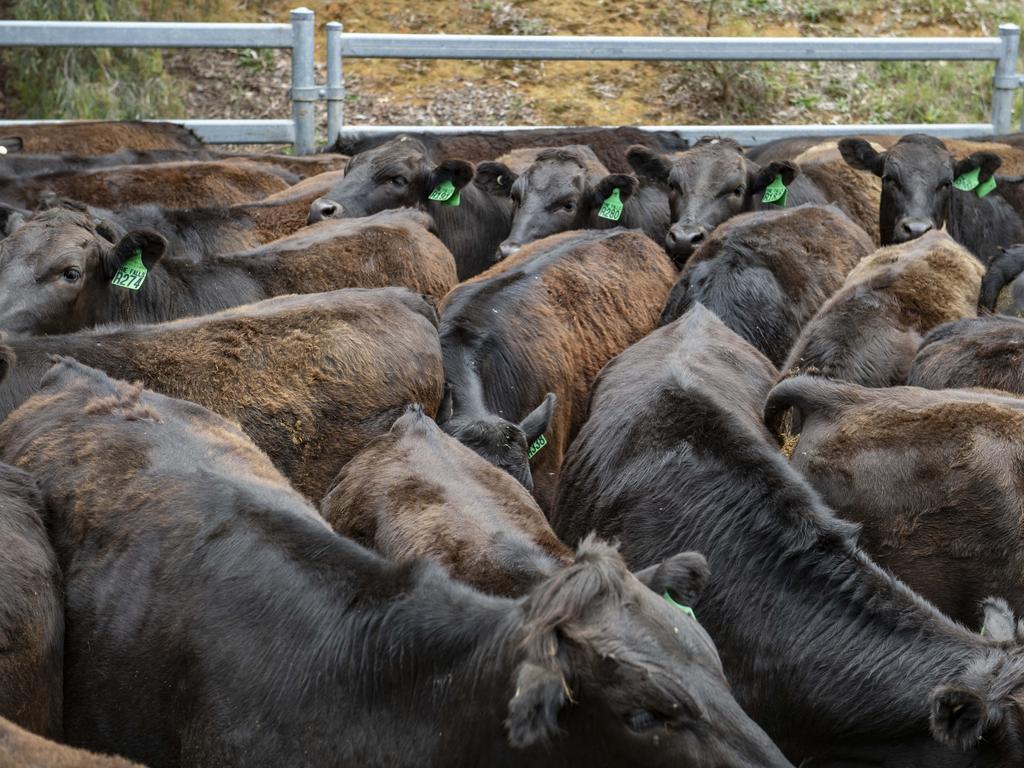

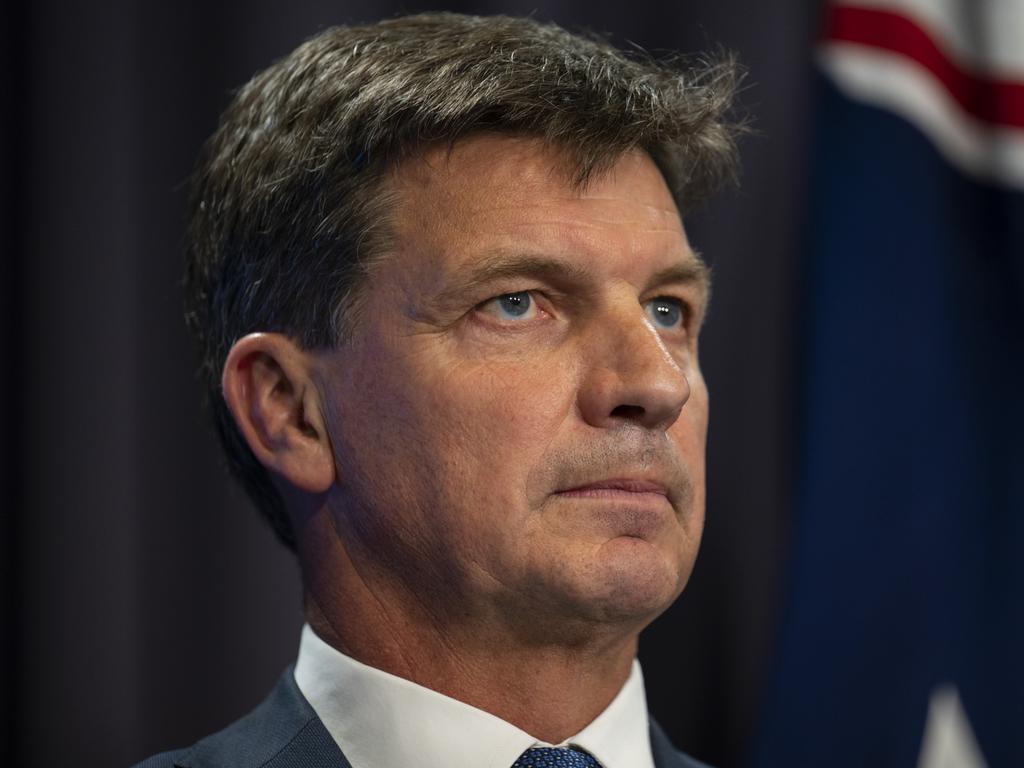
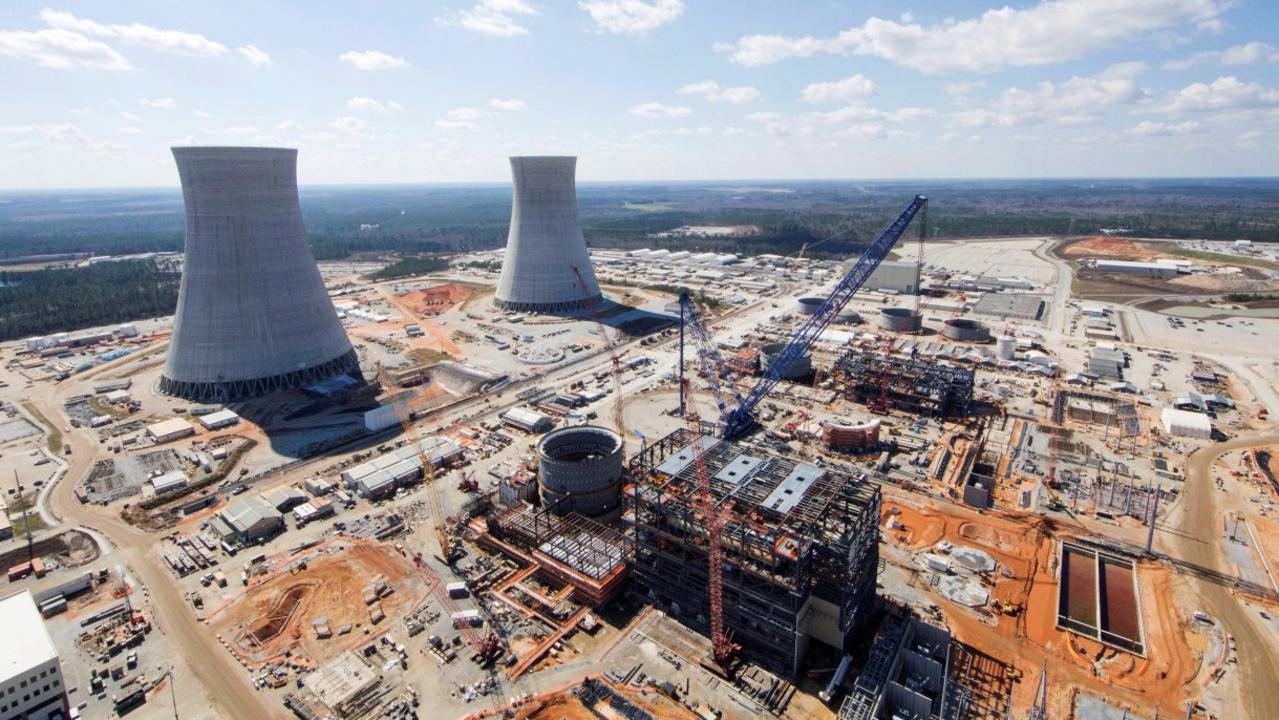
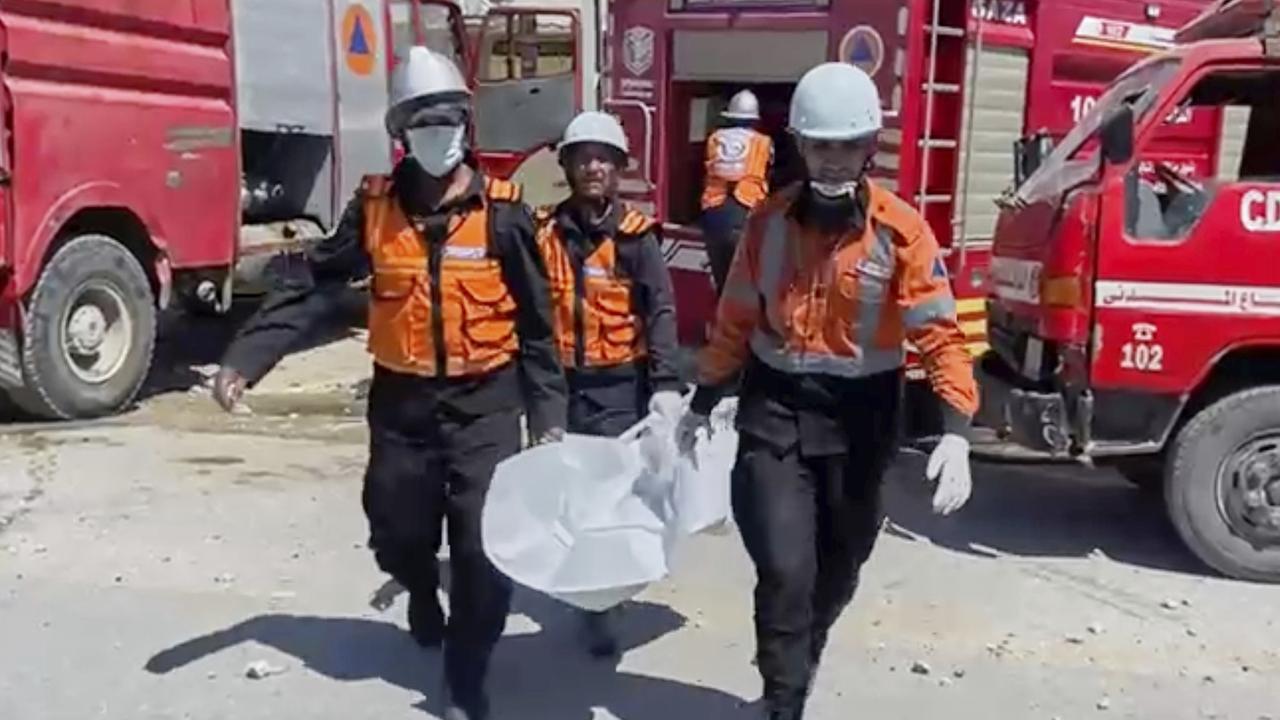
To join the conversation, please log in. Don't have an account? Register
Join the conversation, you are commenting as Logout